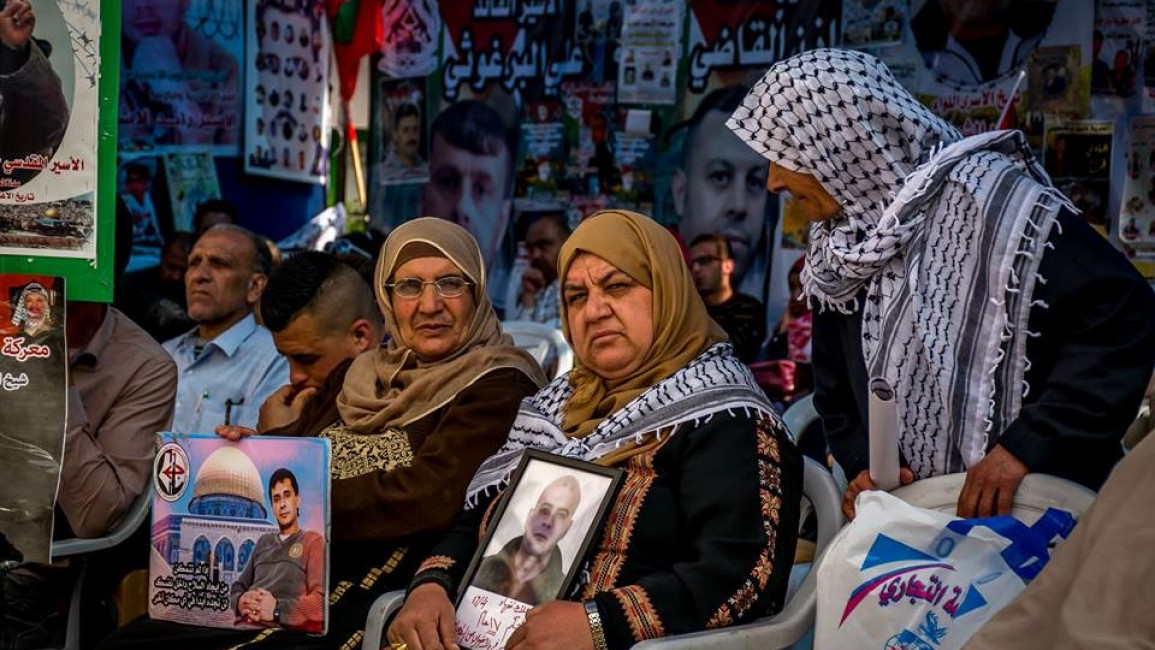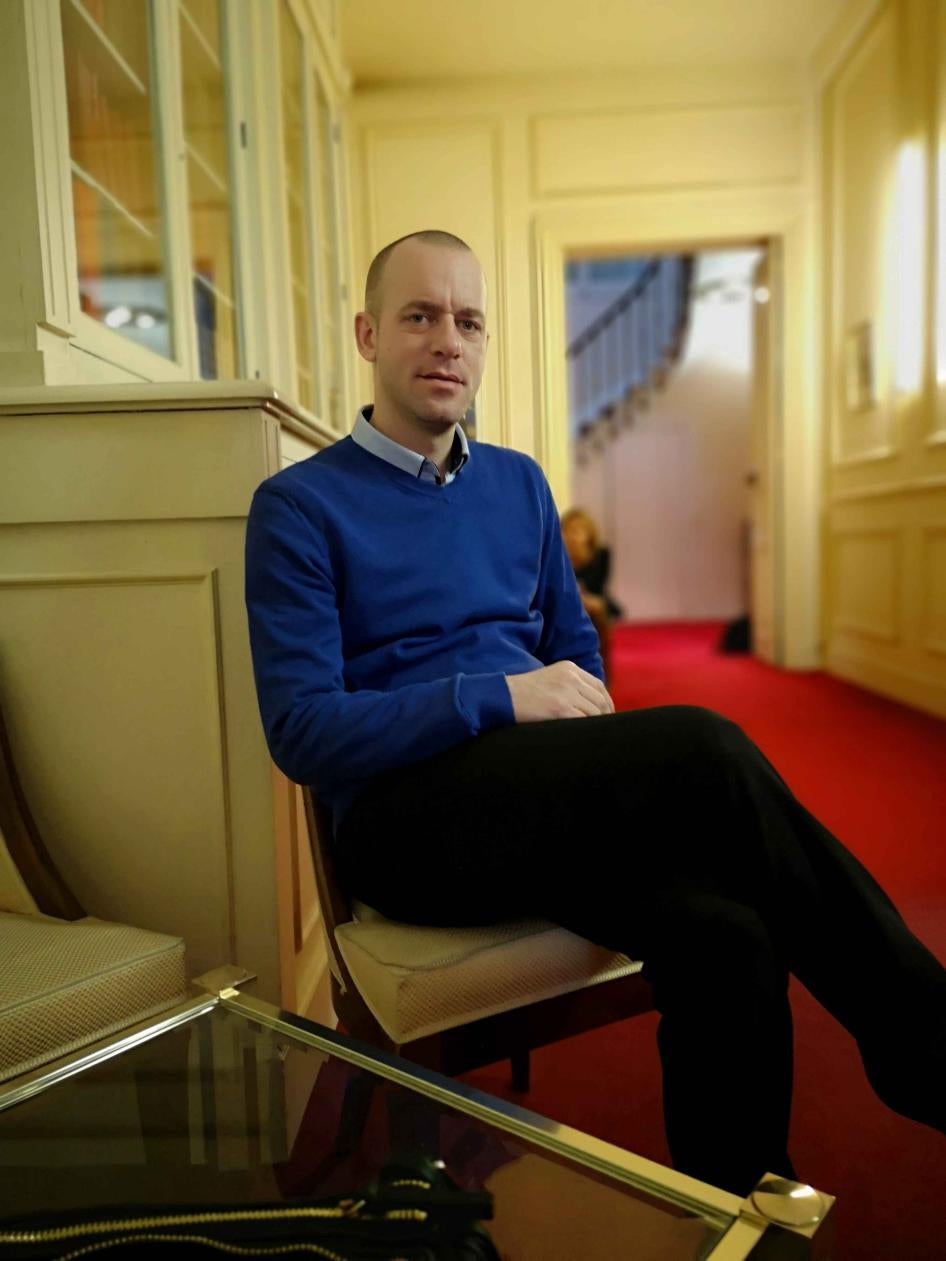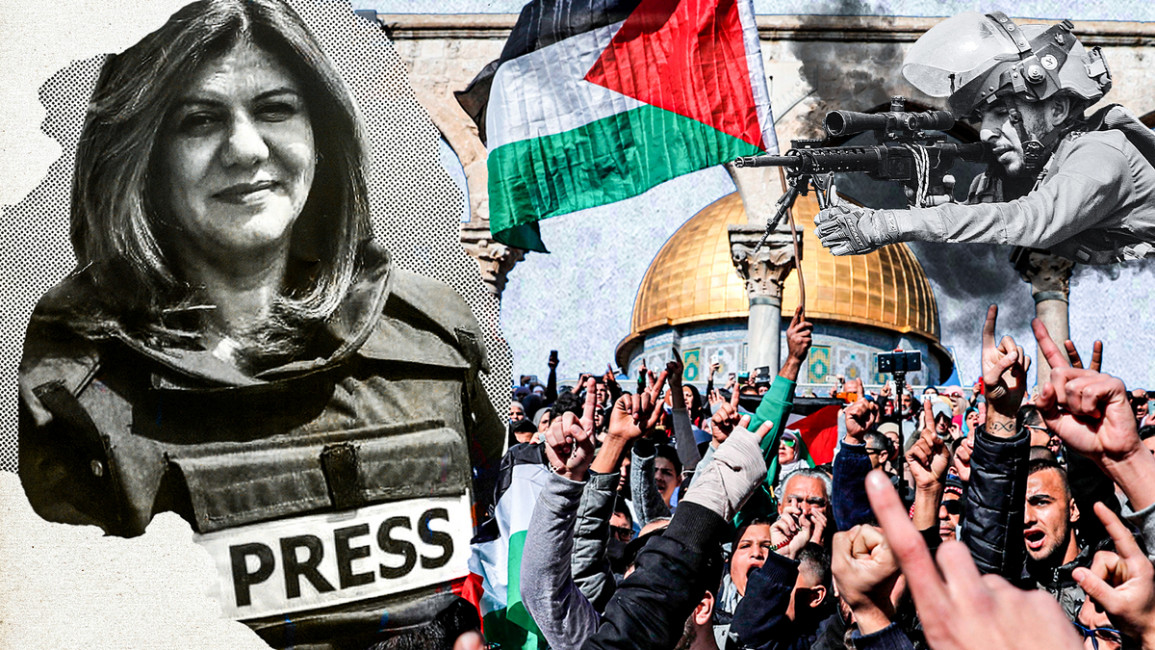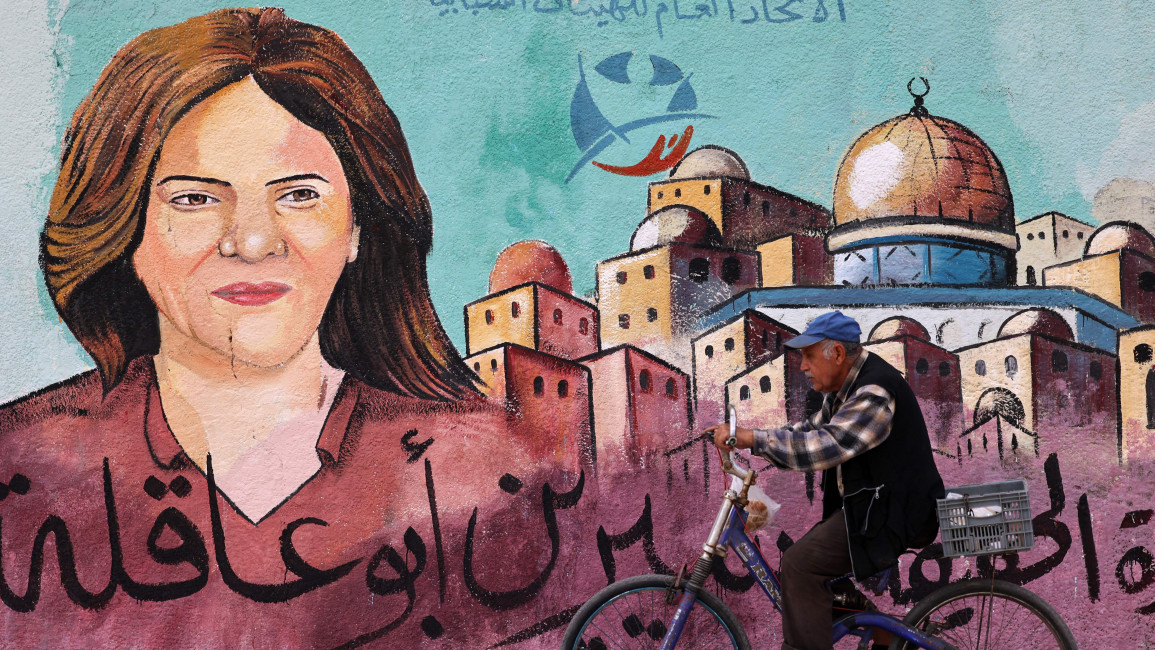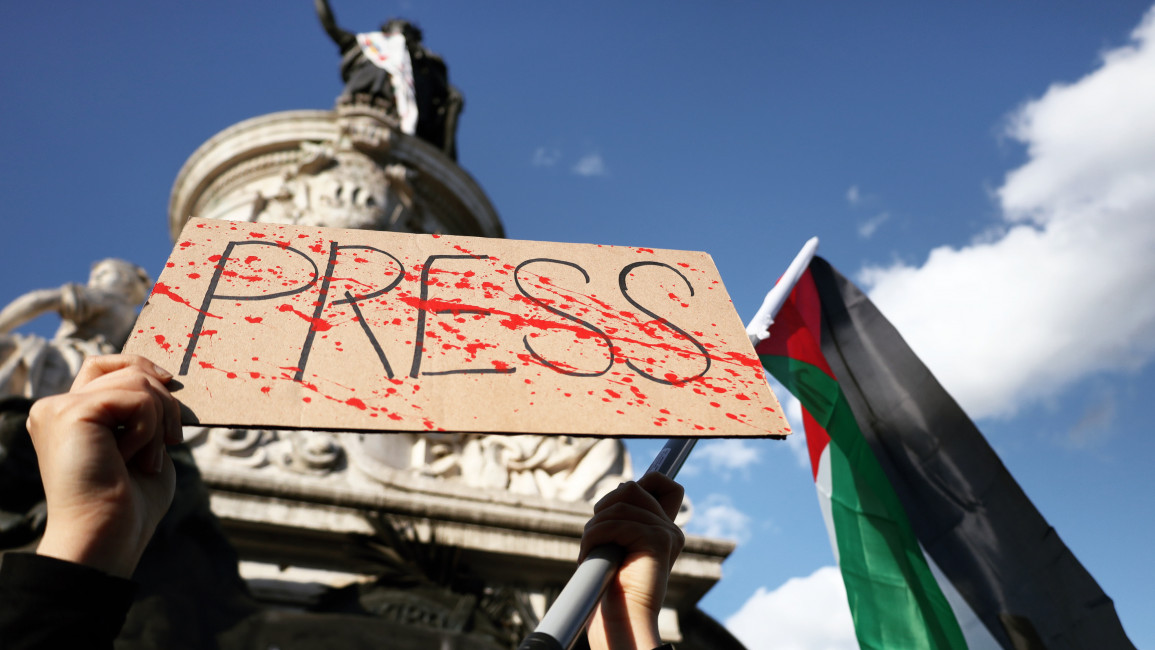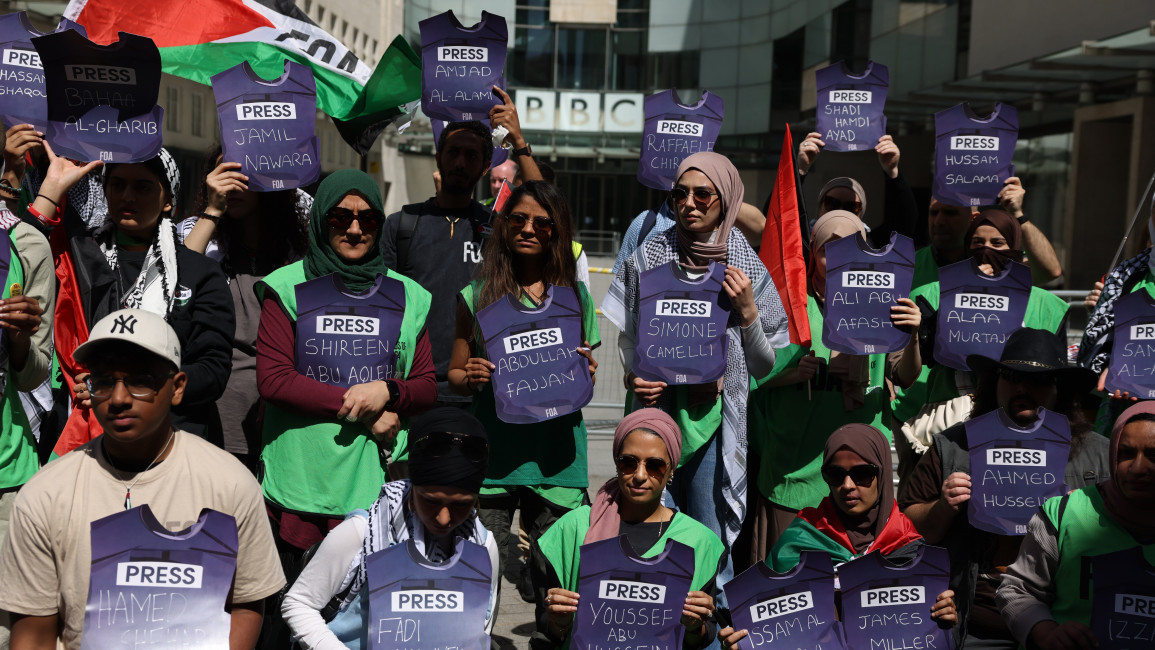White House Middle East coordinator Brett McGurk and State Department energy envoy Amos Hochstein reportedly arrived in Saudi Arabia on Tuesday for talks on energy and the potential normalisation of Riyadh's ties with Israel.
The New Arab Staff
25 May, 2022
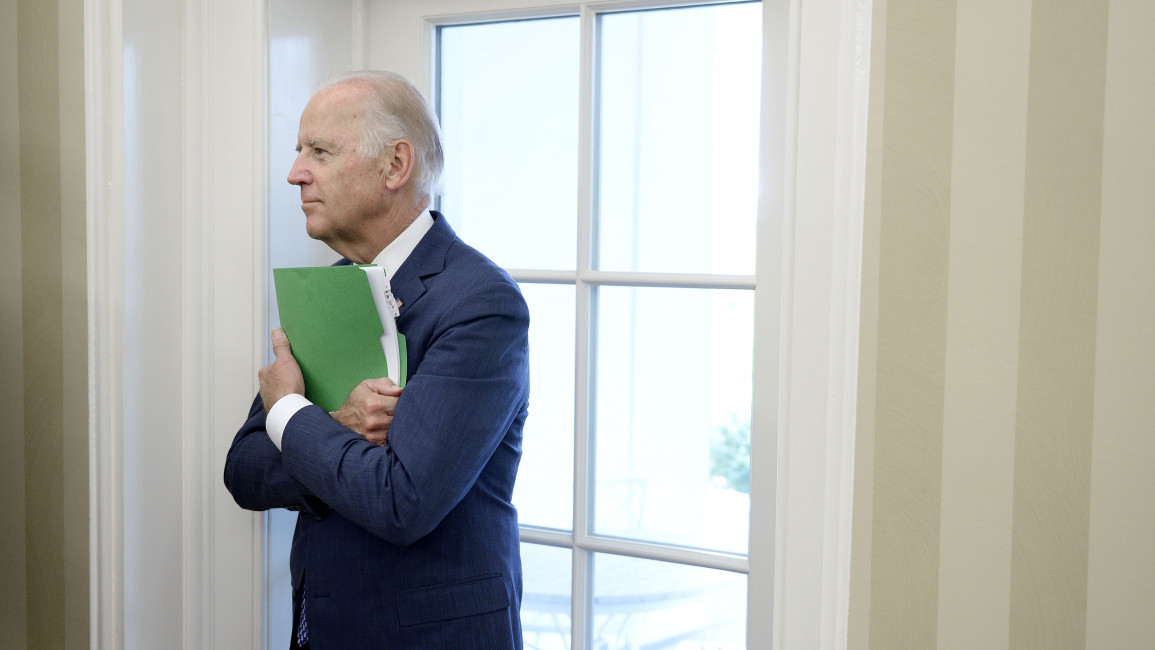
The Biden administration has softened its approach to relations with Saudi Arabia [Getty-archive]
Two of US President Joe Biden's senior advisers have reportedly paid a secret visit to Saudi Arabia for talks on energy and potential normalisation of Riyadh's ties with Israel.
White House Middle East coordinator Brett McGurk and State Department energy envoy Amos Hochstein arrived in Riyadh on Tuesday for talks with senior Saudi officials, American news outlet Axios reported, citing three current and former US officials as sources.
The meeting is a precursor to a potential visit to Saudi Arabia by Biden himself late next month, Axios said.
Relations between the US and Saudi Arabia have been strained since Biden took office in January 2021.
While running for president, Biden called Saudi Arabia a "pariah" for its alleged role in the death of dissident journalist Jamal Khashoggi, who was murdered in 2018 at the Saudi consulate in Istanbul. Saudi Arabia has denied it played any role in Khashoggi's murder.
The US has pressed oil-producing nations to step up production since energy-rich Russia invaded Ukraine in February, to provide countries dependent on energy exports with options other than Moscow an suffocate the Russian economy.
Saudi Arabia has been reluctant to increase its production and aggravate Russia, a key OPEC co-member.
The Biden administration has been quietly mediating between Egypt, Israel and Saudi Arabia to encourage Riyadh to normalise its ties with Tel Aviv, Axios said.
RELATEDMENAThe New Arab Staff
While on a panel at the World Economic Forum in Davos on Tuesday, Saudi Foreign Minister Prince Faisal bin Farhan did not rule out full diplomatic ties with Israel in the future.
"We have always seen normalization as the end result for a path. Normalisation between the region and Israel will bring benefits but we won’t be able to reap those benefits unless we are able to address the issue of Palestine," bin Farhan said.
Biden's softening in his stance towards Saudi Arabia has angered some Democrats, who have said Riyadh's poor human rights record and close ties with China and Russia are of concern.
Four Arab states - Bahrain, Morocco, Sudan and the UAE - signed the Abraham Accords brokered by former US president Donald Trump in 2020.
Other Arab nations have in recent weeks discussed legislation that could make normalisation of ties with Israel illegal.
25 May, 2022

The Biden administration has softened its approach to relations with Saudi Arabia [Getty-archive]
Two of US President Joe Biden's senior advisers have reportedly paid a secret visit to Saudi Arabia for talks on energy and potential normalisation of Riyadh's ties with Israel.
White House Middle East coordinator Brett McGurk and State Department energy envoy Amos Hochstein arrived in Riyadh on Tuesday for talks with senior Saudi officials, American news outlet Axios reported, citing three current and former US officials as sources.
The meeting is a precursor to a potential visit to Saudi Arabia by Biden himself late next month, Axios said.
Relations between the US and Saudi Arabia have been strained since Biden took office in January 2021.
While running for president, Biden called Saudi Arabia a "pariah" for its alleged role in the death of dissident journalist Jamal Khashoggi, who was murdered in 2018 at the Saudi consulate in Istanbul. Saudi Arabia has denied it played any role in Khashoggi's murder.
The US has pressed oil-producing nations to step up production since energy-rich Russia invaded Ukraine in February, to provide countries dependent on energy exports with options other than Moscow an suffocate the Russian economy.
Saudi Arabia has been reluctant to increase its production and aggravate Russia, a key OPEC co-member.
The Biden administration has been quietly mediating between Egypt, Israel and Saudi Arabia to encourage Riyadh to normalise its ties with Tel Aviv, Axios said.
RELATEDMENAThe New Arab Staff
While on a panel at the World Economic Forum in Davos on Tuesday, Saudi Foreign Minister Prince Faisal bin Farhan did not rule out full diplomatic ties with Israel in the future.
"We have always seen normalization as the end result for a path. Normalisation between the region and Israel will bring benefits but we won’t be able to reap those benefits unless we are able to address the issue of Palestine," bin Farhan said.
Biden's softening in his stance towards Saudi Arabia has angered some Democrats, who have said Riyadh's poor human rights record and close ties with China and Russia are of concern.
Four Arab states - Bahrain, Morocco, Sudan and the UAE - signed the Abraham Accords brokered by former US president Donald Trump in 2020.
Other Arab nations have in recent weeks discussed legislation that could make normalisation of ties with Israel illegal.








